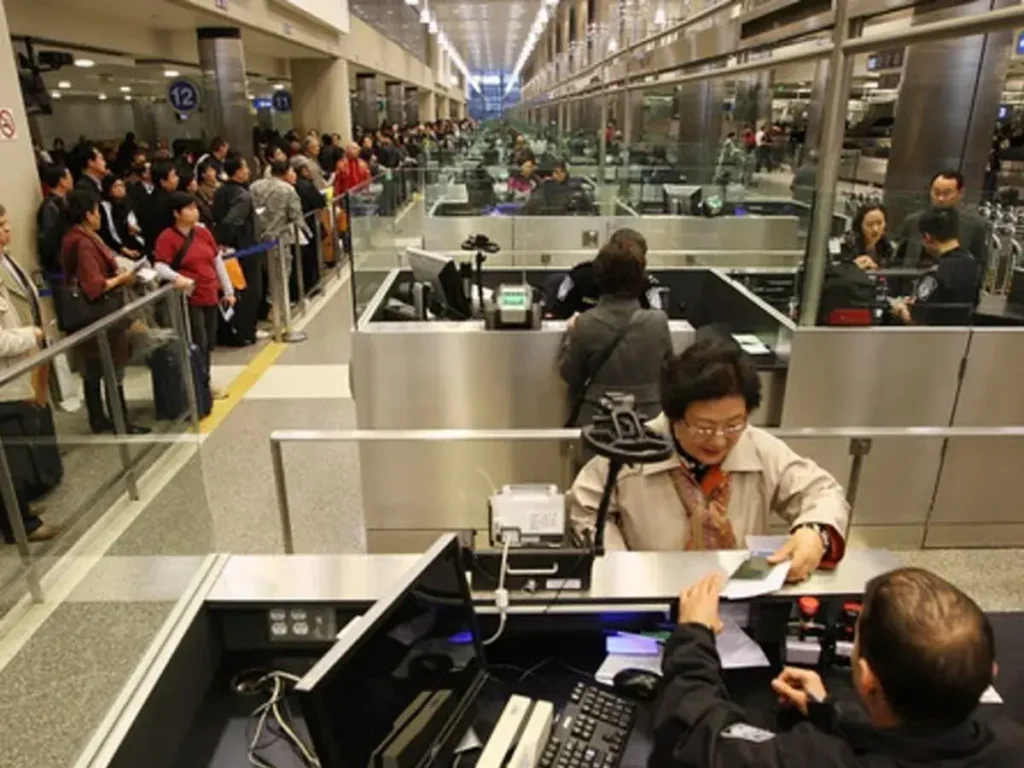In September, electronics valued at a year-high of $74 million, including solar panels and microchips primarily from Malaysia and Vietnam, faced heightened scrutiny in the United States due to concerns over components from forced labor in China, according to official data.

- Tightened Regulations: Since the introduction of stricter U.S. rules in June 2022 to address human rights violations in China’s Xinjiang region, more than 6,000 shipments, totaling over $2 billion in value through September, have been subject to controls. These regulations aim to combat forced labor issues in Xinjiang, home to the Uyghur minority.
- Impact on Shipments: Nearly half of the controlled shipments, based on data updated in November, were either rejected or pending approval, reflecting the increased scrutiny and enforcement of the regulations.
- Electronic Goods: In September alone, $82 million worth of shipments, primarily consisting of electronics, were either refused entry or held for checks, a significant increase from the previous month.
- Malaysia and Vietnam Affected: Over two-thirds of the rejected or held shipments came from Malaysia and Vietnam, major exporters of solar panels and semiconductors to the United States. Both countries also play key roles in the textile, footwear, and apparel industries.
- Xinjiang’s Significance: Xinjiang, a major producer of cotton and polysilicon used in electronics, is at the center of concerns regarding forced labor practices.
- Impact on Trade: Malaysia and Vietnam have faced denials or checks on shipments worth approximately $320 million each since the implementation of the new rules, surpassing China’s figures. Despite being a relatively small portion of overall trade, the issue raises questions about compliance challenges faced by companies.
- Uyghur Forced Labor Protection Act: The U.S. Uyghur Forced Labor Protection Act (UFLPA) mandates that exporters prove their products do not contain any raw materials or components from Xinjiang.
- Uncertain Compliance Landscape: It remains unclear whether companies are delaying shipments due to compliance concerns. Both Malaysia’s trade ministry and Vietnam’s industry ministry did not respond to requests for comments.
The increased scrutiny on electronics underscores the commitment of the U.S. to combat forced labor issues, especially in Xinjiang, while also highlighting potential challenges for businesses navigating these complex trade regulations.









